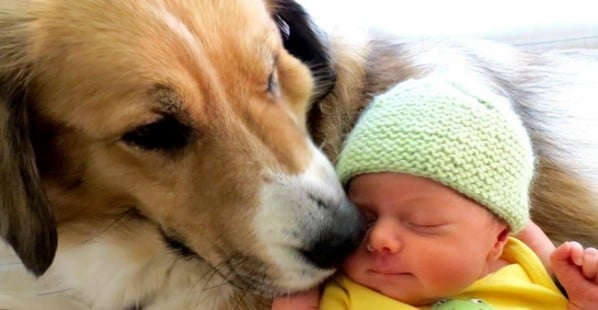Why Animal Rights?
Almost all of us grew up eating meat, wearing leather, and going to circuses and zoos. Many of us bought our beloved animal companions at pet shops and kept beautiful birds in cages. We wore wool and silk, ate McDonald’s burgers, and went fishing. We never considered the impact of these actions on the animals involved. Now you or your child are asking, “Why should animals have rights?”
 © iStock.com/MariaKorneeva
© iStock.com/MariaKorneeva
Why You and Your Family Should Support Animal Rights
In his seminal book Animal Liberation (1975), philosopher Peter Singer observes that the basic principle of equality doesn’t require equal or identical treatment—it requires equal consideration. This is an important distinction when talking about animal rights. People often ask if animals should have rights, and the answer is YES! Animals surely deserve to live free from suffering and exploitation. In 1789, another philosopher, Jeremy Bentham, declared that when determining a being’s rights, “the question is not, Can they reason? nor, Can they talk? but, Can they suffer?” Bentham pointed to the capacity for suffering as the vital characteristic that gives a being the right to equal consideration. All animals, including humans, have the ability to suffer. We all feel pain, pleasure, fear, frustration, loneliness, and love. Whenever we consider doing something that would interfere with animals’ needs, we are morally obligated to take them into account.

Supporters of animal rights believe that animals have an inherent value that’s completely separate from their usefulness to humans. We believe that every sentient being has a right to live free from pain and suffering. Animal rights is not just a philosophy—it’s a social movement that challenges society’s traditional view that all nonhuman animals exist solely for human use. As PETA founder and President Ingrid Newkirk has said, “When it comes to pain, love, joy, loneliness, and fear, a rat is a pig is a dog is a boy. Each one values his or her life and fights the knife.”
Only prejudice allows us to deny others the rights that we ourselves expect to have. Whether it’s based on race, gender, sexual orientation, or species, prejudice is unacceptable. If you wouldn’t eat a dog, why eat a pig? Dogs and pigs have the same capacity to feel pain, and it’s prejudice based on species that allows someone to think of one animal as a companion and the other as dinner.
How to Help
You can take vital steps to get thoughtless cruelty to animals out of your family’s life and inform others around you, including your kids. We teach our children to live by the Golden Rule—“Treat others the way you want to be treated”—and compassion for animals is an important part of that. Let’s make sure the words we use about animals are kind. You can also download TeachKind’s free Share the World kit, a perfect tool for teaching empathy and compassion to elementary school–age kids. And your child can become an official PETA Kids member, too!
Spread the word: Animals are here with us, not for us.





Under 13? Ask your parents bee-fore you continue!